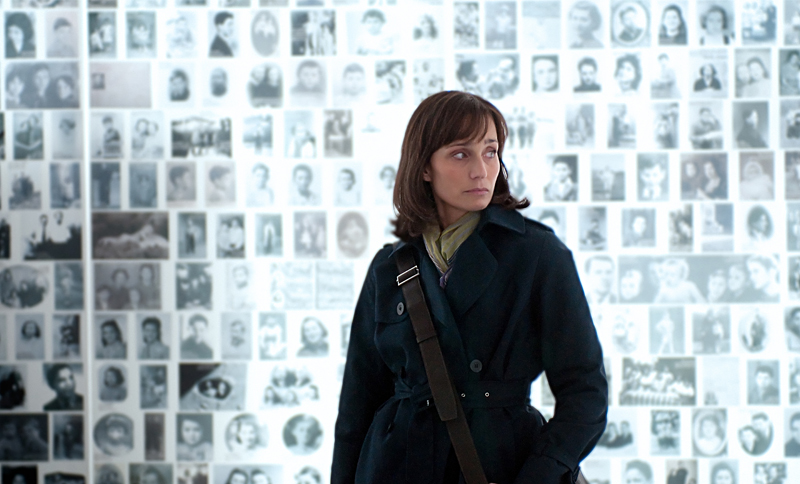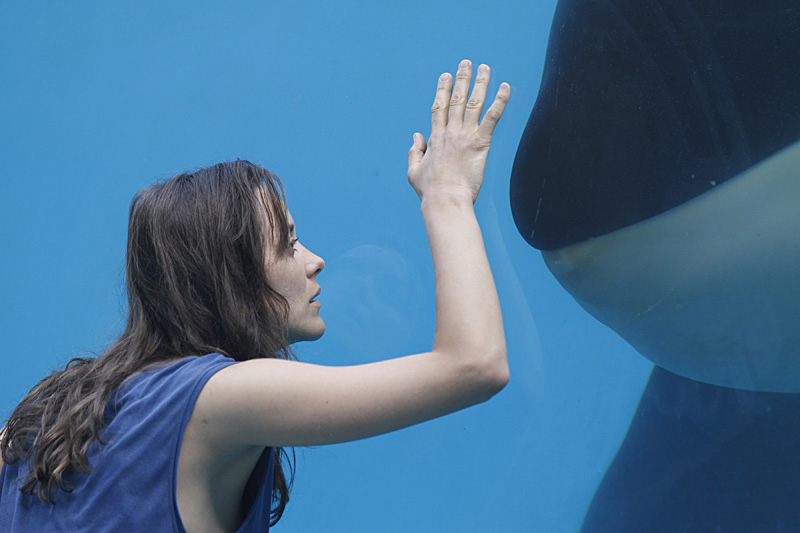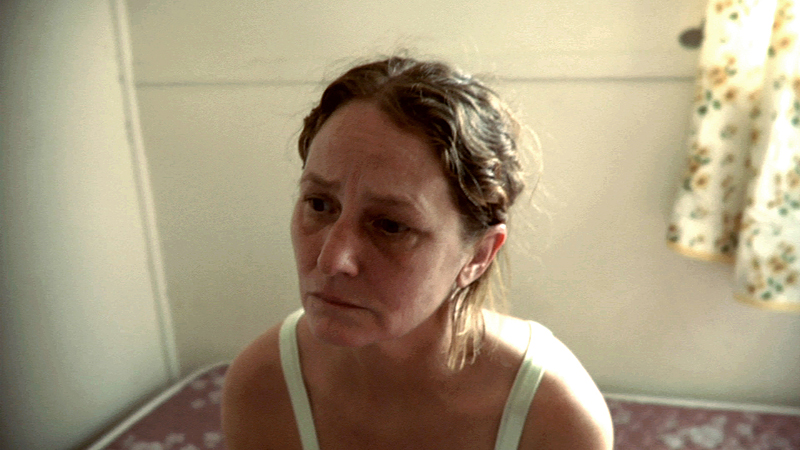Exposing a little-known piece of Holocaust history—the Vel’ d’Hiv roundup, in which French police arrested thousands of Jews in Paris in July 1942—Sarah’s Key dutifully follows the template of scores of movies about the Shoah, wringing from atrocity the most unseemly sentimentality. The film toggles between the past—as 10-year-old Sarah Starzynski (Mélusine Mayance) and her parents are taken from their Marais home and penned up in the Velodrome d’Hiver, a cycling arena in the 15th arrondissement, before being sent to a nearby internment camp—and the present, focusing on Julia (Kristin Scott Thomas), an American journalist in Paris who’s writing an article about the all-but-buried episode. In the course of her research, Julia discovers some uncomfortable truths about her French in-laws’ connection with the Starzynski family; wading through the mawkish muck, particularly during plot threads involving her “miraculous” middle-age pregnancy and tracking down Sarah’s adult son, the bilingual and normally unimpeachable Scott Thomas sounds as if she has learned a Yank accent via Rosetta Stone. Based on Tatiana de Rosnay’s novel and co-written by director Gilles Paquet-Brenner and Serge Joncour, Sarah’s Key is filled with the usual meaningless bromides, concluding with Scott Thomas’ voiceover declaration: “When a story is told, it is not forgotten.” This film vanishes from memory immediately.
Sarah’s Key: French Complicity in the Holocaust








